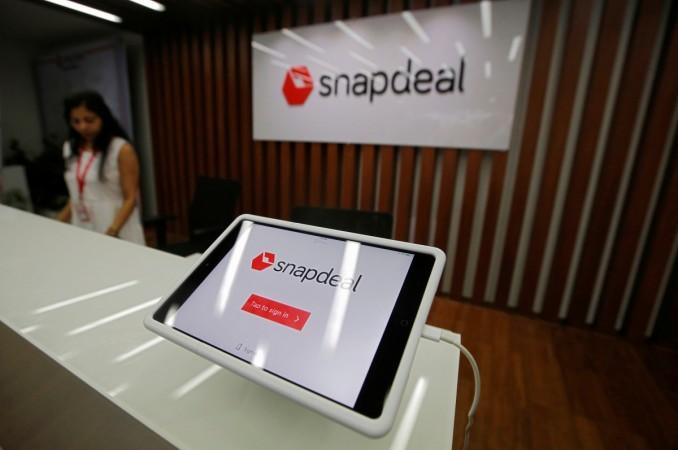
In an attempt to put all speculation to rest, Infibeam founder MD Vishal Mehta on Friday denied making a buyout bid for e-commerce rival Snapdeal, even as reports emerged of the Ahmedabad-based online e-tailer being the latest to make a potential bid acquire the Delhi-based electronics portal.
Infibeam founder and MD Vishal Mehta denied any offer in a telephone conversation with financial daily Economic Times (ET) on Friday. "No, we haven't made any offer to Snapdeal," he said.
ET quoted two sources in a report that the all-stock bid was estimated to be about $1 billion (Rs 6,652.75 crore), making it higher than the revised offer for Snapdeal that rival Flipkart is expected to make in the coming week.
Infibeam and Snapdeal did not reply to email queries on the development, the ET report said.
On Thursday, Infibeam, which is capitalised at Rs 6,152 crore, had announced the acquisition of e-payments firm CC Avenues. Infibeam was founded in 2007 by former Amazon executive Vishal Mehta. The promoter and promoter group continue to hold 44.5 percent stake in the company.
ET said that an offer from BSE-listed Infibeam --expected to be an all-stock transaction -- has the potential to give liquidity to all Snapdeal stockholders, a list that includes venture capital firms Kalaari Capital and Nexus Venture Partners, and Chinese ecommerce behemoth Alibaba Group, according to sources aware of the negotiations.
Snapdeal's board had rejected a $700-750 million offer for sale to Flipkart last week. However, a revised offer of $900-950 million may be on the anvil, The Times of India had reported earlier.
TOI had said that Infibeam, would create a combined $2-billion entity when merged with Snapdeal. The deal would not include Snapdeal's logistics business Vulcan Express and payments platform Freecharge, TOI claimed.
Snapdeal's biggest controversy in recent times cropped up last week when a decision by its largest investor, Tokyo-based SoftBank, to make preferential payments to two early investors Kalaari Capital and Nexus Venture Partners, ran into objections from a set of smaller investors led by PremjiInvest.

















